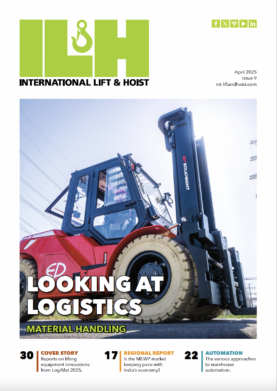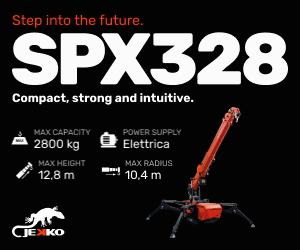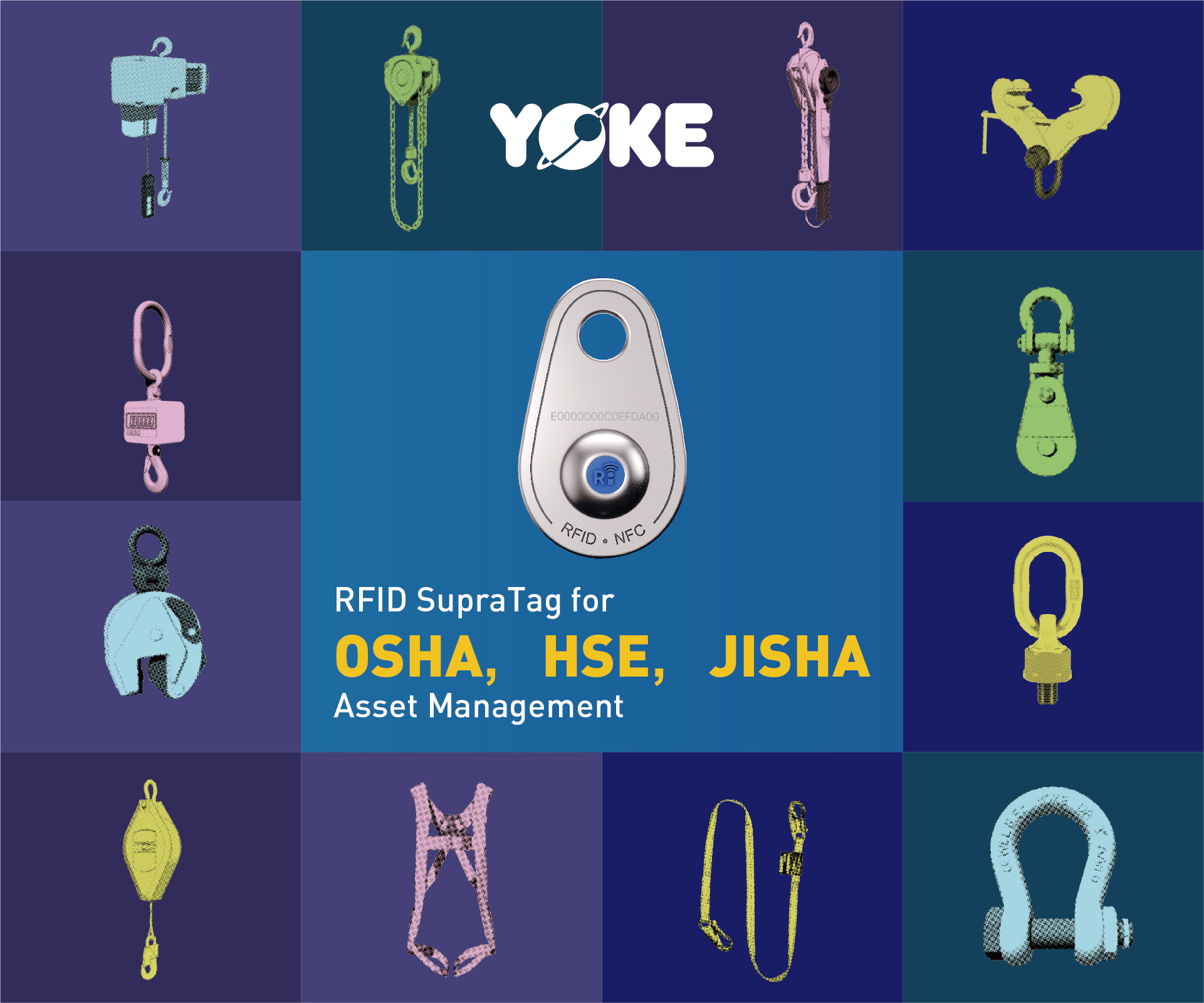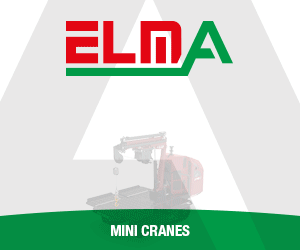)
Here come the apprentices
Ross Moloney, CEO of Lifting Equipment Engineers Association, considers the significance of the first Lifting Technician apprentice undertakes their End Point Assessment (EPA).
When the first Level 3 Lifting Equipment Technician apprentice undertakes their End Point Assessment (EPA) at the LEEA workshops in Huntingdon on 15 March 2024, it will represent another big milestone for the sustainability of our industry. The assessment will be conducted by the End Point Assessment organisation, LEIA (Lift & Escalator Industry Association) and will include a multiple-choice exam paper, professional discussion and practical assessment using a range of lifting equipment. The first apprentice will soon be followed by three further apprentices on 25 March, 22 and 26 April and we wish them every success.
An EPA is essentially a set of theoretical and practical assessments for the apprentice to show what they have learned, their skills on the shop floor and to demonstrate their ability to undertake what was covered in the apprenticeship. This ensures that the apprentice is ready to progress at the end of the training.
It is encouraging to see that training providers are reporting that new cohorts are planned for this year with several apprentices having signed up already. LEEA will provide support wherever we can. City of Bristol College, which was announced last year as another provider of the Lifting Technician apprenticeship, recently held an open event to promote the standard, and represents an example of how momentum is building behind the much needed apprenticeship.
In fact, there has been an enormous amount of work, carried out by a number of organisations, to get the Lifting Equipment Technician apprenticeship up and running, since the formation of the apprenticeship trailblazer group was facilitated by LEEA at LiftEx 2018 in Milton Keynes. It has been vital work that will benefit the lifting sector in terms of its skills sustainability.
Gov.uk statistics give some general insight into the how hiring of an apprentice is a productive and effective way to grow talent and develop a motivated, skilled and qualified workforce. 86% of employers said apprenticeships helped them develop skills relevant to their organisation, 78% of employers said apprenticeships helped them improve productivity and 74% of employers said apprenticeships helped them improve the quality of their product or service. Figures for the 2023/24 academic year show that apprenticeship starts were up by 7% to 130,830 compared to 122,290 reported for the same period in the previous year.
We should also remember that age is not a barrier to apprenticeship – almost half (48%) of the apprenticeships started in 2022/23 were by people aged 25 and over.
Looking beyond statistics it is important for our industry to understand that apprenticeships generate a new breed of experts that can keep pace with the changing world of lifting around them. Developed by the industry itself, the Lifting Equipment Technician Apprenticeship, which is only available to residents of England at companies registered in England, is firmly based around the needs and expectations of the industry and of entrants. It takes approximately 24-months to complete and during the programme apprentices will learn to repair, maintain, modify, inspect, test, install and assemble lifting equipment to ensure its suitability and safety for a continued period of service.
In addition to specific skills, such as how to inspect and repair lifting equipment or assemble slings, apprentices will come away with broader engineering and IT knowledge as well as ‘softer’ employability skills around values, teamwork and communication.
It opens up a wide choice of opportunities to work with lifting equipment in all kinds of applications and career paths as diverse as lifting of lighting rigs at festivals to chain slings on construction sites. Equipment can be in almost any type of industry, including onshore or offshore, in car plants, aircraft manufacturing organisations, ship building, yacht building, food processing, warehousing and general engineering facilities.
It also provides a natural gateway for further Continuing Professional Development (CPD) options. LEEA’s Foundation Certificate, Lifting Accessories and Manual Lifting Machines Diplomas will be made available to all apprentices following their successful end point assessment. This provides a launchpad for further advanced LEEA training.
Visit the Institute for Apprenticeships for more information of the Lifting Technician Apprenticeship.











